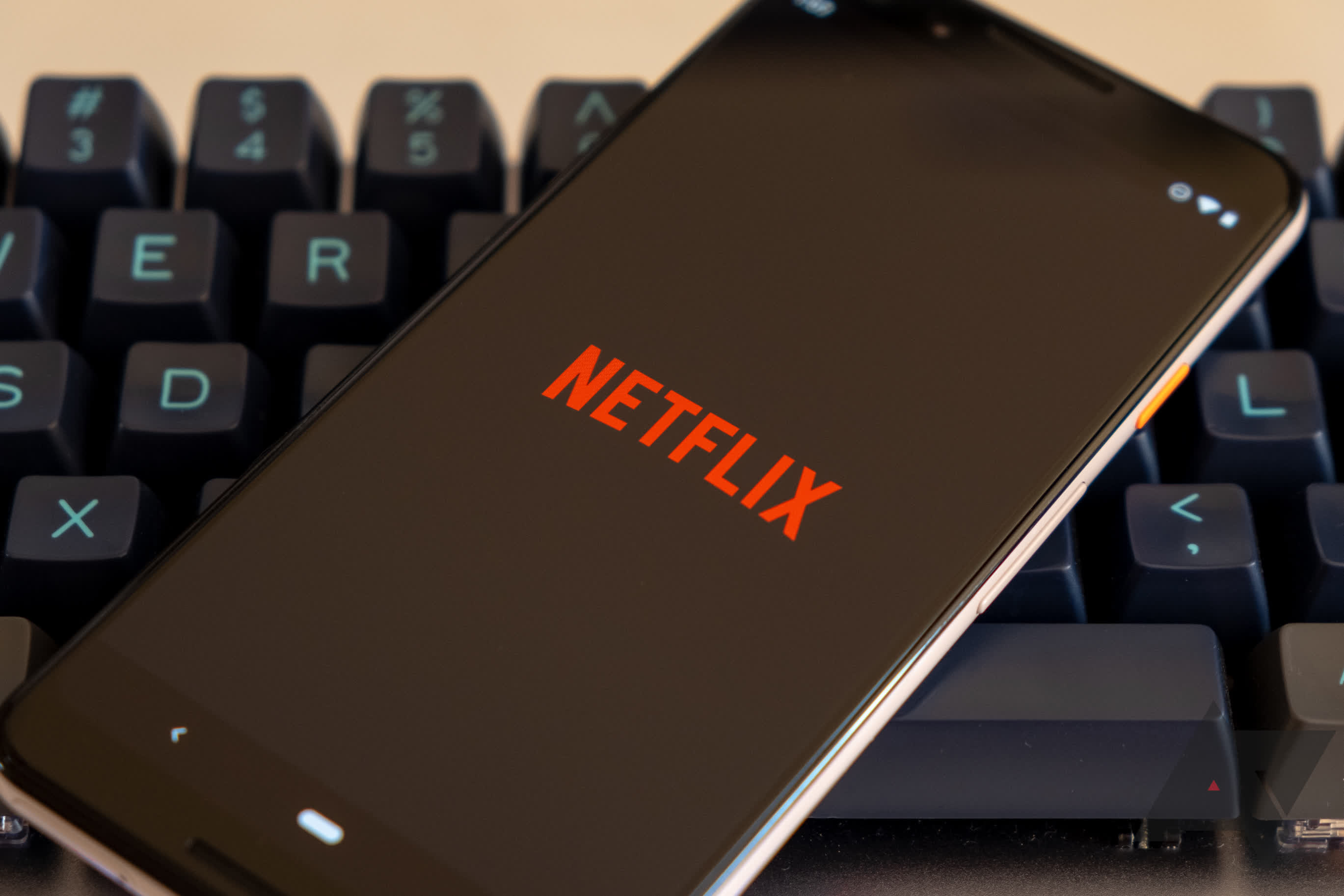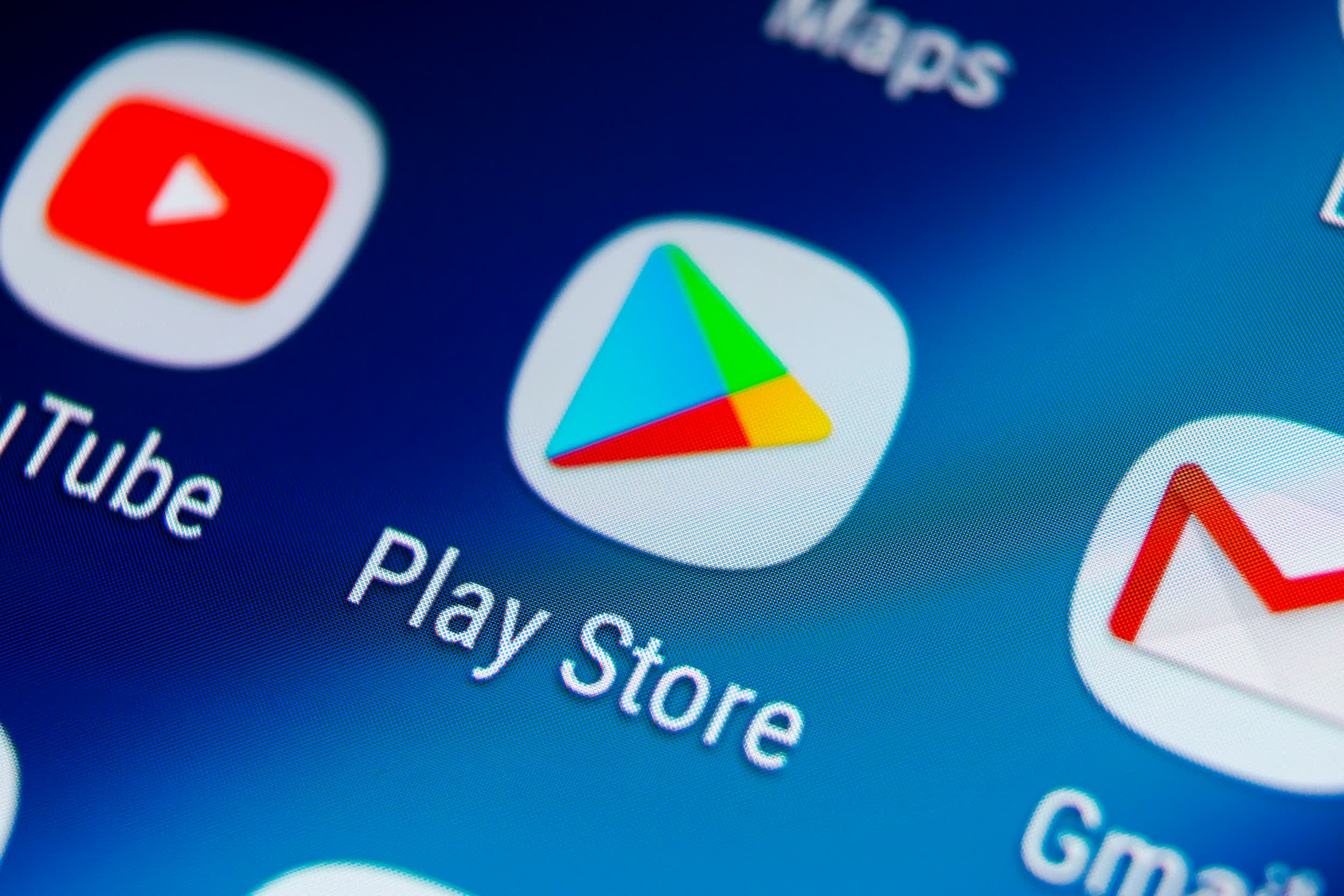Why it matters: Google's Play Store may not be as profitable as Apple's App Store, but the two app distribution platforms operate in a similar way when it comes to extracting revenue from developers. That has landed Google in hot water with antitrust regulators, so it's only a matter of time before it will have to alter its Play Store policies to avoid more legal headaches.
Last month, Google was hit with its fourth antitrust lawsuit in recent years, where 36 attorneys general and one district attorney accused the company of anti-competitive behavior related to the Play Store. Specifically, the search giant is accused of making it difficult for developers to distribute their apps through alternative app stores and signing contracts with phone makers and carriers that prevent them from creating their own competing app stores.
According to court filings that were unsealed this week, the Play Store generated revenue of $11.2 billion in 2019, $8.5 billion which was profit. While this isn't quite on the same level as the earnings generated by Apple's App Store, the profit margin is a healthy 62 percent, which compares quite favorably with the 80 percent margin achieved by the latter app distribution platform.
This suggests that just like Apple, Google could very well afford to charge developers a much lower fee and still make a profit from essentially hosting their apps and weeding out the malicious ones. The company currently takes up to a 30 percent share of app revenue, but internal communication suggests the number is just a reflection of what Apple was doing with its App Store. The lawsuit even cites internal figures that show Google's Play Store could break even on a revenue share of just six percent.

Perhaps a more troubling finding is that Google offered to take a "significantly reduced" cut of the Play Store revenue for Netflix after the latter company expressed its "displeasure" with the standard fee. Netflix, Tinder, Spotify – and most famously, Epic – have all tried circumventing Google's Play Store billing system in recent years, but the search giant wouldn't have it for fear of losing more than $1.1 billion in annual revenue. This behavior also looks like a carbon copy of what Apple has done with companies like Amazon and Netflix.
A Google spokeswoman told The Verge that "all developers are subject to the same policies as all other developers, including the payments policy. We've long had programs in place that support developers with enhanced resources and investments. These programs are a sign of healthy competition between operating systems and app stores and benefit developers."
However, these programs have largely mirrored those of Apple. For instance, the one introduced in March slashed Play Store commissions in half for developers who have yet to make over $1 million in lifetime sales. Apple rolled out a similar program last year for developers who publish their apps to the App Store and make less than $1 million per year.
Apple recently decided to change its App Store rules to allow developers to advertise alternative payment options for users using their contact information, which is admittedly only a small step in the right direction yet one that Google has yet to take. If anything, the pressure of four antitrust lawsuits might finally push the search giant to copy Apple once again.
